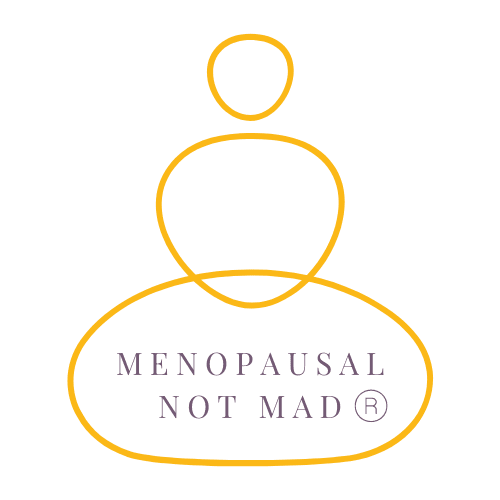HRT Safety & Efficacy updates:
20+ years on from the WHI study that scared women into stopping or never starting HRT
Part 2: Published: 13/07/2022
This is the second in a two-part summary of the Newson Health Menopause Society (NHMS) webinar on the HRT situation 20+ years on from the study by the Women’s Health Initiative (WHI), which halted women’s hormone health overnight.
You can read part one HERE
As for part one, please note: This article is my interpretation of the webinar and my understanding of the data given and explained. I am not a doctor so can only give my experiences and interpretation of the science and evidence I study.
For more info, please visit my website: www.menopausalnotmad.co.uk
Blood Clot Risk:
After all the data so far has been properly studied, the only significant risk identified is that of blood clots which is COMPLETELY AVOIDABLE by using transdermal estrogen (patches, spray or gel).
It has also been clearly identified in all studies that there is NO RISK with topical (vaginal) estrogen. The outdated leaflets that come with the products will tell you different, but they are quite simply wrong!
The Esther study stated that oral estrogen (tablets) have what is terms a ‘double increased risk’ which is still only double a low risk so still low and the risk is highest in the first year of taking it.
It confirmed that transdermal estrogen has NO INCREASED blood clot risk.
Stroke Risk:
In the WHI study the risk of stroke was equal to that of the placebo group when considering the 50-59 age group. (so no increase in risk) but overall the risk was increased with oral estrogen (but as we know, the ages of participants was much higher in these groups so higher risk factor anyway)
The Finnish study evidenced that starting any HRT regime at any age for less than 10 years was associated with 19 in 1000 fewer CHD deaths and 7 in 1000 fewer stroke deaths.
Osteoporosis:
We assume that bone degeneration is part of ageing, but this does not need to be the case!
Menopause does lead to bone density loss and HRT is the ONLY therapy considered to both prevent and treat this life limiting problem.
HRT is clearly evidenced to help in preventing fractures and to improve menopause symptoms.
As a senior member of the International Menopause Society (IMS), it is heartening to read that HRT is recommended by the IMS as first line therapy for osteoporosis. (Under 60 years within 10 years of menopause)
This is not to say it is not effective in women over 60 who have been menopausal for longer, but the impact of the HRT will be different, and the key is to stop the degeneration in the first place.
Dementia:
Estrogen quite simply supports our brain function. FACT!
It surprised me to hear that dementia is actually a disease of middle age which can take 20 years to manifest itself in older years; therefore, early menopause can lead to increased dementia risk (surgical menopause or Premature Ovarian Insufficiency (POI) under 45 years, so HRT is key for such women.
There is a lot of data to wade through on this topic and this is not the place to list all that but in summary, HRT and brain function are quite controversial and the trials not easy to set up, but evidence seems to indicate that early estrogen introduction (within 5 years of menopause) is beneficial. *At this stage it is not usual to use HRT purely for cognitive function other than for women with POI.
What Now?
Things are changing and we now have the NICE guidelines (2015), along with the NICE Shared Decision-Making guidelines (2020) which outline how doctors should be working with their patients and forming an individual plan for support.
My message is always to be fully armed with what you want to happen and the facts about HRT safety and efficacy. Many doctors are not up to date on the correct HRT data and evidence, but many are also very happy to learn and want to help you, so I view our role as helping doctors to help us.
You know you best.
Jane
Jane Pangbourne is an HRT specialist educator with a passion for women’s health.

If you would like to join the email list for monthly updates; you can do that HERE
Jane Pangbourne dedicates her time to HRT research & education.
She is also Founder of Menopausal Not Mad and The HRT Truth Collective
When you need more individual help with your symptoms or your HRT choice you can book a 1:1 consultation from HERE




